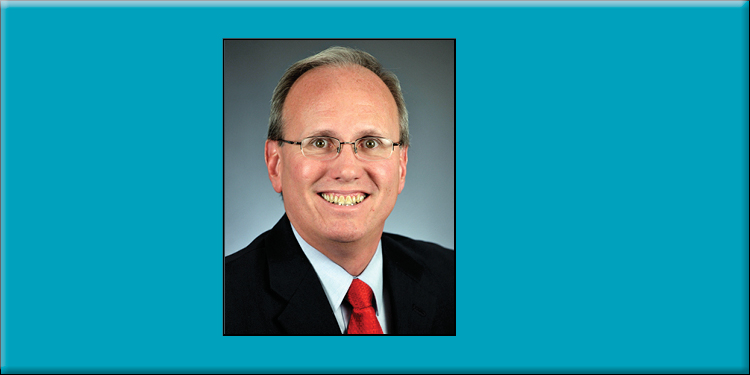by Dennis Dalman
news@thenewsleaders.com
A bill authored by State Rep. Tim O’Driscoll (R-Sartell) would increase training funds for police who could find themselves in de-escalation crises with returned military veterans.
O’Driscoll’s bill calls for increasing the amount of de-escalation training funds from $50,000 to $100,000. It would cover training costs at three police-officer schools in Alexandria, Fond du Lac and Hibbing.
Last year at the Minnesota Legislature, a woman testified before the House Finance Committee, of which O’Driscoll is a member, about the time her husband, a war veteran, was under extreme duress, leading to a call to the police. When the police came, the woman said, they handled the crisis situation so professionally with such calmness, they succeeded in defusing a potentially dangerous situation. It was that woman’s testimony that convinced O’Driscoll the de-escalation training funds should be increased.
O’Driscoll, who serves on the House Veterans Affairs Committee, has been widely honored for his legislative and personal work on behalf of military veterans.
The bill he proposed is currently making its way through committees. Recently, on a unanimous vote, it was approved by the State Finance and Veterans Affairs Committee. It’s now due to go before the Public Safety Committee. The Minnesota Senate is also working on a similar bill. If the House and Senate can agree on a bill, it will go before the Legislature for a vote in both chambers.
Previously, for two consecutive years, $50,000 was given for de-escalation training. O’Driscoll, in an interview with the Sartell Newsleader, said he is hoping the amount can be doubled. He met personally with police chiefs from throughout Stearns County, and they are all in favor of the increased training amount.
O’Driscoll said there is an immediate need for it because an increasing number of veterans are returning home after serving overseas in war zones such as Afghanistan and Iraq. Many of those veterans, he said, have trouble adjusting back into civilian life. The mounting stresses of some, O’Driscoll said, can lead to emotional crises that require understanding and calm expertise from professionals, including police officers, who can help veterans in crisis situations.
“Veterans need a voice to be represented in St. Paul,” O’Driscoll said.
A good development, he added, is many more returning veterans are becoming aware of the many kinds of help available for them, and the old stigmas against asking for that help have been diminishing.



